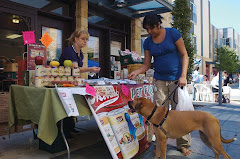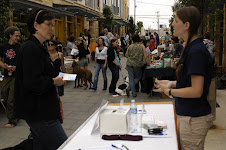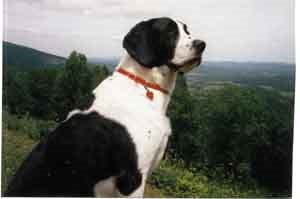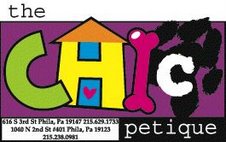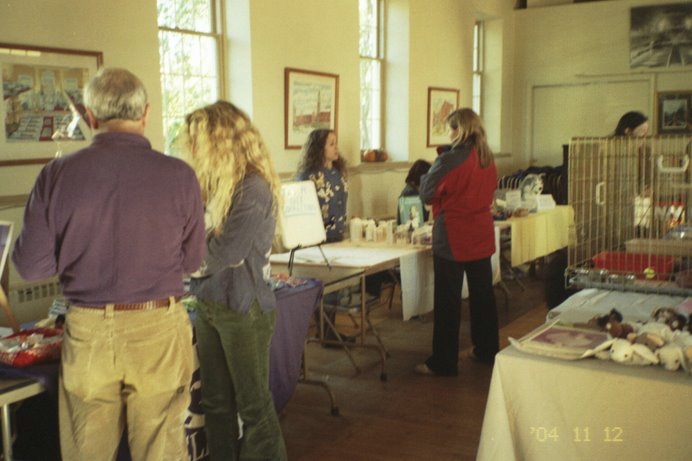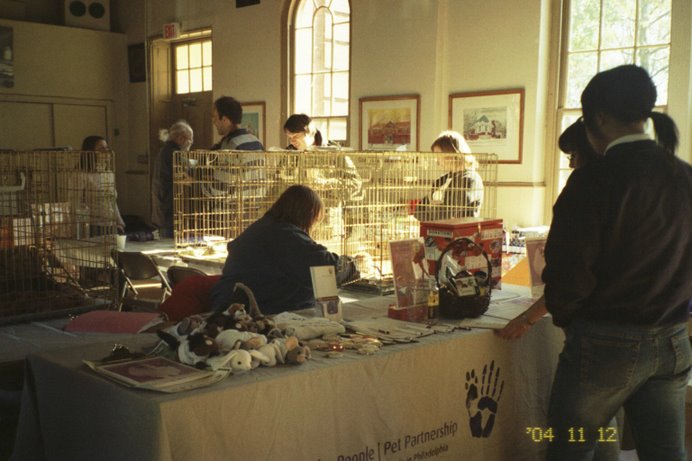

The Natural Pet Expo is a non-profit, grass roots organization dedicated to helping educate pet owners and enthusiasts on the health and welfare of their animal companions -- strengthening and allowing that special bond to grow between human and animal and extend each other's quality of life .
Education is key to taking control of your pet's health and well being.
The Natural Pet Expo’s goal is to use education as a tool for understanding the many choices we make in the health of our pets. As caretakers, we are in charge of food, water, medical care, exercise and happiness. With the most current information we can make informed decisions about our pets care and actively participate in the their well being. The NPE mission is to introduce valuable information and holistic approaches that help and inspire health conscious individuals to take responsibility for their pets health and well being.
Why do we believe holistic approaches to animal care are so important?
Since these methods address the whole organism and support the body’s own abilities to heal itself, many holistic methods focus on prevention and cure of disease, not just treatment. Proper nutrition is the foundation upon which many holistic practices build our pet's (and our own) quality of life and wellness. Poor nutrition is one of the major contributors to our pet's lower life expectancy. By feeding our pets most commercially available pet foods, we are unintentionally depriving these animals of important nutrients needed for sustaining the states of greater wellness.
As lovers of companion animals, we want to take an active role in the care of our pets. We must assume responsibility for their quality of life and their “Wellness.” Statistics show that the average life expectancies of companion animals have rapidly dropped in the last 40 years despite improvements in the medical model, veterinary diagnosis, and treatment modalities. Poor nutrition, inbred genetic defects, and over-vaccination have led to an epidemic of allergic reactions that challenge our pets’ bodily defenses. Their shortened lives are further complicated by symptoms ranging from skin rashes to epilepsy, kidney and liver ailments as well as other chronic disease processes. Our pets have grown hypersensitive to many common environmental allergens their ancestors casually threw off.
The pet food industry is a strong force. According to the December 2004 issue of "The Pet Food Industry", Americans spend about 34 billion dollars on their 61.4 million dogs. That is $554/year/dog on average. Kibble counts 40% of this, or $222/year/dog - averaging all sizes of dogs. The remaining 60% do not include veterinary services, but encompass all kinds of pet products and paraphanelia, like beds, toys, leashes, crates, and so on.
Not all seekers are looking for this kind of enhanced wellness. Most people in fact are satisfied with their dog or cat “looking” normal on the current commercial food; they assume the animal is just fine. It is not our wish to tell them otherwise. It is our hope that encouraging or inspiring even a small change by switching your pet to a more natural diet, will enhance the quality of life of not just your pet, but your entire household.
Some concerns about Commercial Pet Food:
Pet labels mislead and distort nutritional facts.
Some animal by-products make regularly consumed pet food poisonous and toxic.
Food additives, like coloring, are for the human purchaser, not the animal consumer.
Product deficiencies lead to overeating, the buying of more products, and the creation of greater malnutrition.
Our companion animals’ life expectancies are growing shorter every generation.
Chronic allergic reactions are primarily food based; cause suffering; and require additional treatments that often exacerbates underlying disease.
Nutritional issues receive little publicity because the subject matter is technical and usually leads to the “naming of names”. Pet food advertising revenue is huge and consequently, the advertisers are very powerful. Common editorial policy must balance “news-worthiness” with business; this usually results in avoiding negative references to advertisers’ products.
This situation is neither political nor, by contemporary standards, even sensational. It is however, something we deal with everyday. It is lack of information. Food manufacturers are silent; they sell pet food in a highly competitive market at prices that haven’t changed in many years. Have you ever asked yourself, why not? The raw materials these food manufacturers mix together to produce typical pet foods you find along the supermarket aisles come from highly questionable, and in some cases, unbelievable sources unfit for either person or beast. Compounding this situation is the fact that pet food labels give only vague ideas of a pet food’s content. The listed items are essentially “catch-all terms” for more specific, and often less desirable, substances. Protein, fat, carbohydrate, and crude fiber are general food categories; they have no functional meaning in terms of nutritional source, quality, or digestibility.
Our biggest concern as consumers of commercially available pet foods is that this food:
Contains ingredients, chemicals, toxins, and poisons that should not be consumed.
Lacks ingredients that should be part of our pet’s daily food diet.
We invite pet owners and enthusiasts interested in learning MORE to join us at the 2005 NATURAL PET EXPO! 10am – 3pm, Sunday, October 2nd - at Liberties Walk 1040 North 2nd Street in Northern Liberties, PA. For more information call 215.238.0981
Along with Christine Matturro McLaughlin, the author of "The Dog Lover's Companion to Philadelphia", the Natural Pet Expo will have on hand veterinarians practicing homeopathic and holistic medicine, certified specialists in Pet Massage, Acupressure Reiki and Acupuncture, an Animal Behaviorist and representatives offering natural pet foods.
Some of the things you will learn will include the following:
TIPS FOR ANIMAL HEALTH & WELLNESS:
* FEED THE BEST DIET POSSIBLE – Find out what diet is BEST (and worst) for your pet.
* VACCINATE THE LEAST - Evaluate true risk of exposure – get informed.
* REDUCE TOXINS - Offer quality filtered water & LIMIT EXPOSURE of possible sources.
* BUILD UP OVERALL HEALTH AND LET THE ANIMAL HEAL ITSELF
* PROVIDE THE BEST ENVIRONMENT POSSIBLE FOR THE INDIVIDUAL ANIMAL.
* BE PROACTIVE AND RESPONSIBLE – Educate yourself, find a healthcare provider and recognize BENEFITS and LIMITATIONS of conventional and holistic medicine.




